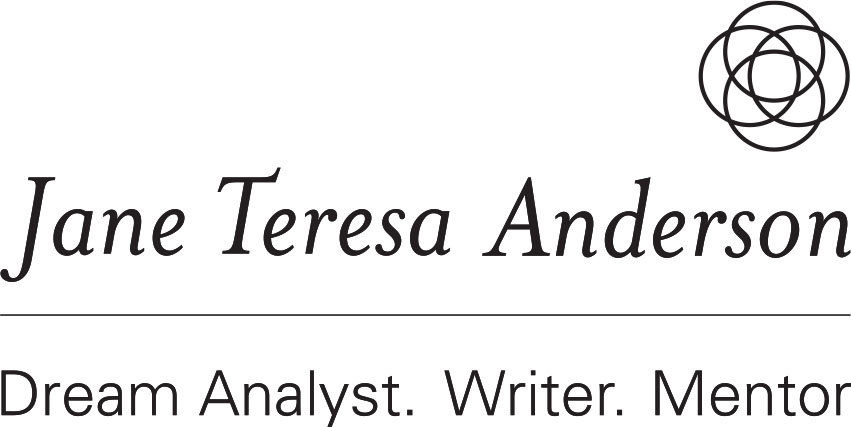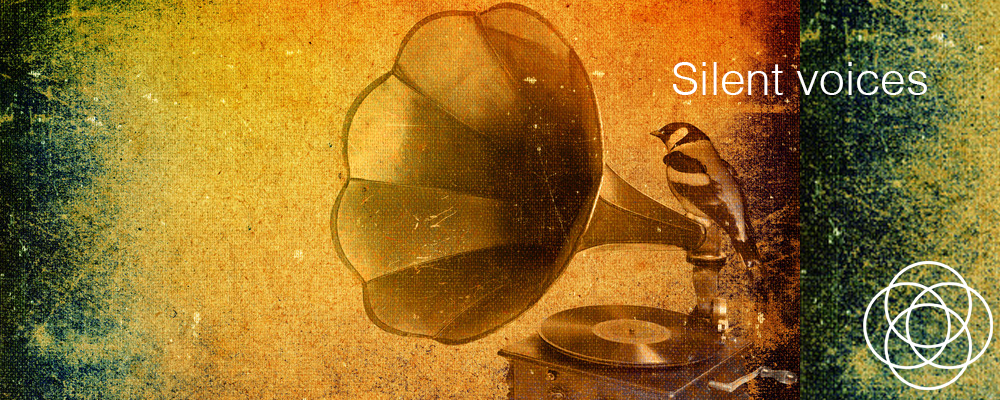“You’ll live to regret it if you don’t try,” “It’s too risky,” “Change is good,” “You’ll lose everything you’ve worked for,” “It’s everything you’ve ever worked for,” “Better to be safe than sorry,” “You’ll get hurt again,” “You’ll be happy,” “Opportunities like this come once in a lifetime,” “It looks too good to be true,” “You’ll blossom,” “You’ll fail,” “Listen to your heart,” “Think it through.”
Faced with a big decision, we hear our many familiar voices, perhaps the voice of reason, the voice of dissent, the voice of hope, the voice of fear, and a chorus of others, sometimes in accord, more often in conflict. These are the voices of our beautiful, multifaceted being, the voices of our experiences, our beliefs, the voices of society, our parents and teachers, the voices that have influenced us, and the voices we have evolved, developed, and made our own.
These are the voices we know about. The voices we take into account as we make our decisions, all the while overlooking the far more powerful voices silently whispering deeply in our unconscious mind.
It’s our unconscious voices, the ones we don’t know about, the one’s we don’t consciously hear, that frequently drive the way we live our lives, the way we make our decisions, the decisions we make.
You’ve been there I’m sure. You’ve thought something through, weighed all the pros and cons, made your final decision, then either failed to act on it or taken the other option, the path you had rejected. What happened there? Your unconscious mind took charge.
Now that would be fine if your unconscious mind was wise, and sometimes it is. There are wonderful times when your intuition nudges you to take a leap of faith that seems quite contrary to your carefully thought-out plan, and it works brilliantly. There are wonderful times when you act as if you were guided by a divine power, choosing quite a different path from the one you had just decided upon, a path that turns out to be positively life-changing.
But there are many times when your unconscious mind is not so wise, when fear and limiting beliefs take the driver’s seat and swerve you from your best laid plans and intentions.
Like your conscious voices, your unconscious voices are the voices of your experiences, beliefs, the voices of society, your parents and teachers, the voices that have influenced you, but, unlike your conscious voices, you have lost touch with these. Some may be the shadow side of your being, the aspects of yourself that you repress, and some may be voices too distressed or too hurt to bear, voices you have blocked from conscious memory. Repressed voices may include those with positive qualities like self-esteem, intelligence, and courage that you have shut away because they feel too confronting. Still other unconscious voices may be expressions of your spiritual being, your bigger, wiser Self awaiting reconnection.
Since these unconscious voices can drive you so powerfully, it makes sense to get to know and understand them, to negotiate with them, to heal their pain, to discover their treasure. So how can you do this?
You meet your unconscious voices in your dreams. They are the voices of your dream characters, and they are the voices of the other elements in your dreams, the landscape (what might a desert say to you, if you listen carefully?), the weather (what does thunder express?), the buildings (if this dream house could speak, what would it say?), the animals, indeed all the symbols.
One of the most insightful and healing dream alchemy practises you can do is to imagine getting the key dream people and symbols from a single recent dream around a table to talk with each other. The best way to do this is to use your keyboard or a piece of paper and pen, and list the characters and symbols down the left hand side – like a movie script – and then, without too much thought, write their conversation. You may feel you’re imagining the talk, making it up, being playful with it, and you are, but that very imagining is revealing the unconscious voices within you that they represent.
Some voices just need to be heard and acknowledged. You may discover a voice with a grudge, a hurt, a grief, and once you have acknowledged this, it dissipates. It has let go. It has lost its unconscious power over you.
Some voices may need more soothing, more healing, and you’ll find that your imaginary talk may evolve into group therapy with all your dream characters and symbols finding new perspective, overcoming conflict, finding peaceful resolution. As your unconscious voices talk it out on paper, you’ll feel the shift as inner conflict begins to resolve. You may feel emotional release, you may cry, you may laugh, you may suddenly feel light, you will notice spontaneous clarity, and a growing sense of peace.
So next time you’re curious about why things don’t seem to turn out quite right for you, or why you find it difficult to make decisions, or why you seem to sabotage your best intentions, line up your dream characters for a group therapy session, and listen to what they have to say.
You might also enjoy


1 comments on “Silent voices”